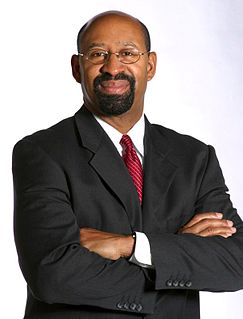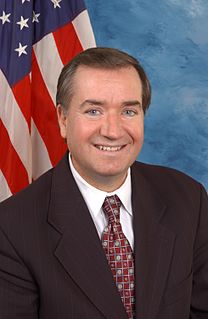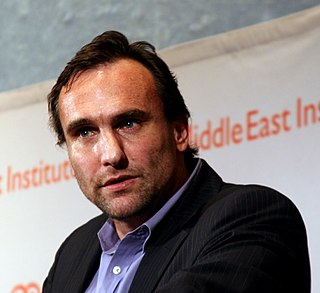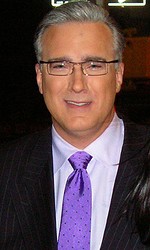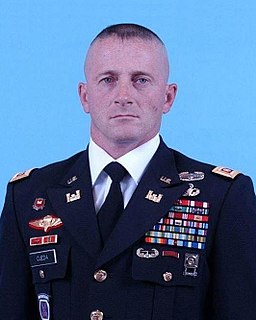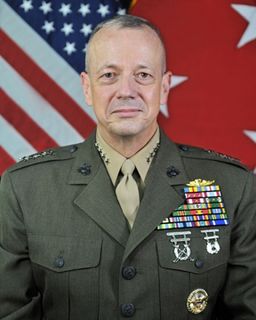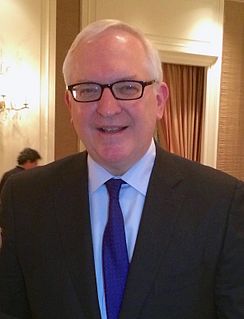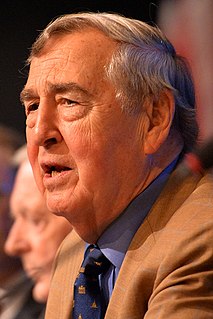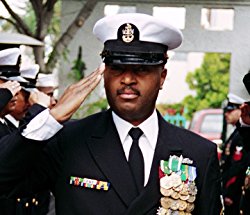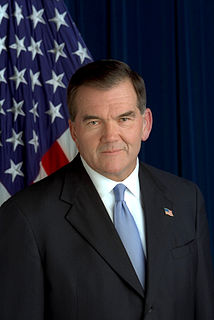Top 1200 Al-Qaeda Quotes & Sayings
Explore popular Al-Qaeda quotes.
Last updated on April 14, 2025.
I totally disagree with the premise that al Qaeda is on the path to defeat. Quite the contrary, al Qaeda has deliberately decentralized its operations - not because of the relentless attacks we have had on its national leadership in Pakistan, but because its strategic objective is to dominate and control Muslim countries in the region.
Certainly there’s a connection between Iraq and Al Qaeda. It doesn’t surprise me at all that they would be talking to Al Qaeda, that there would be some Al Qaeda there or that Saddam Hussein might even be, you know, discussing gee, I wonder since I don’t have any scuds and since the Americans are coming at me, I wonder if I could take advantage of Al Qaeda? How would I do it? Is it worth the risk? What could they do for me?
More likely, there were probably some real divisions within the Iranian government - some groups wanted to ally with al Qaeda against us, others didn't want to have anything to do with that. So I think that debate resulted in no decision being made for awhile. The problem was they left the al-Qaeda folks in Iran in the hands of their intelligence services and Revolutionary Guard, who didn't really keep an eye on them - and may not have kept an eye on them on purpose.
In terms of Iraq, al Qaeda valued Iraq because we destroyed a government it wanted destroyed and because we put soldiers on the ground and forces that they could attack. Al Qaeda is basically an insurgent organization that was formed on the model of the Afghan groups. And being bred in that war, they value a contiguous safe haven as much as anything else.
Asking the question whether the mainstream media has a liberal or conservative bias is like asking whether al Qaeda uses too much oil in their hummus. I might think they use a little bit too much oil; some people might think it's a little dry. But the problem with al Qaeda is they want to kill us. And the problem with the mainstream media is that it has these other biases that are much more important.
Look what happened with regard to our invasion into Afghanistan, how we apparently intentionally let bin Laden get away. That was done by the previous administration because they knew very well that if they would capture al Qaeda, there would be no justification for an invasion in Iraq. There’s no question that the leader of the military operations of the U.S. called back our military, called them back from going after the head of al Qaeda.
I think, in fact, the situation with respect to al Qaeda, to say that, you know, that was a big attack we had on 9/11, but it's not likely again, I just think that's dead wrong. I think the biggest strategic threat the United States faces today is the possibility of another 9/11 with a nuclear weapon or a biological agent of some kind. And I think al Qaeda is out there even as we meet, trying to figure out how to do that.
Some Pakistanis fought for the Taliban. Pakistani extremist groups provided infrastructural support to Al Qaeda. There was a coming and going of Al Qaeda militants and leaders between Afghanistan and Pakistan for several years. All that has really happened is that Al Qaeda has escaped from Afghanistan come into Pakistan, got in touch with their contacts and friends in these extremist groups, which then provided them with safe houses, cars, and not just in the border areas but also in the cities. Rooting out Al Qaeda in Pakistan now is where the main battle is being fought.
What made al-Awlaki so influential is that, unlike a number of leaders of al Qaeda such as Osama bin Laden, he was a cleric, so he could present himself as a leading religious figure. Second, because al-Awlaki had spent much of his adult life in the States, he communicated with his followers in colloquial, accessible American English.
By the end of 2008, clearly, the al Qaeda and Sunni insurgency had been relatively stabilized. And in the al Qaeda's mind, they were defeated. They actually said that in many of their transmissions that we were able to pick up. And the Shia militia, largely those trained by the Iranians in Basra and also in Sadr City, had been defeated.
There are no barriers to entries. Think of this as Linux in terms of software. Anyone can have part of the operating system so long as you pledge allegiance to the ideas. Previously, if you wanted to join al Qaeda, you had to travel to an al Qaeda safe haven, probably in northern Pakistan or Afghanistan. Now all you have to do is get a gun, choose a target, and carry out an attack.
Al Qaeda is nothing more than a mutant supply chain. They're playing off the same platform as Wal-Mart and Dell. They're just not restrained by it. What is al Qaeda? It's an open source religious political movement that works off the global supply chain. That's what we're up against in Iraq. We're up against a suicide supply chain.
The United States is at war with the al Qaeda terrorist group. Al Qaeda is not a nation-state and it has not signed the Geneva Conventions. It shows no desire to obey the laws of war; if anything it directly violates them by disguising themselves as civilians and attacking purely civilian targets to cause massive casualties.
The fact that there are now many entities that may have some loose affiliation with a former core Al Qaeda - or who have decided to fashion themselves as an affiliate or follower in the Al Qaeda jihadist tradition - as well as groups that are just inspired by the concept that they could also be the perpetrators of mass killing, means that there is a spectrum of threats.
Remember back then we thought about al Qaeda in Afghanistan and Pakistan and a few other places? well, we've seen al Qaeda metastasize. It is now a global scourge. And you have the ascendancy of ISIL. The combination of those two groups -- their appeal to the lone wolfs and we see them acting in Belgium and in France and in Canada and the United States so the threat factors and the nature of the threats are far more complicated and far more serious today than on September 12, 2001.







